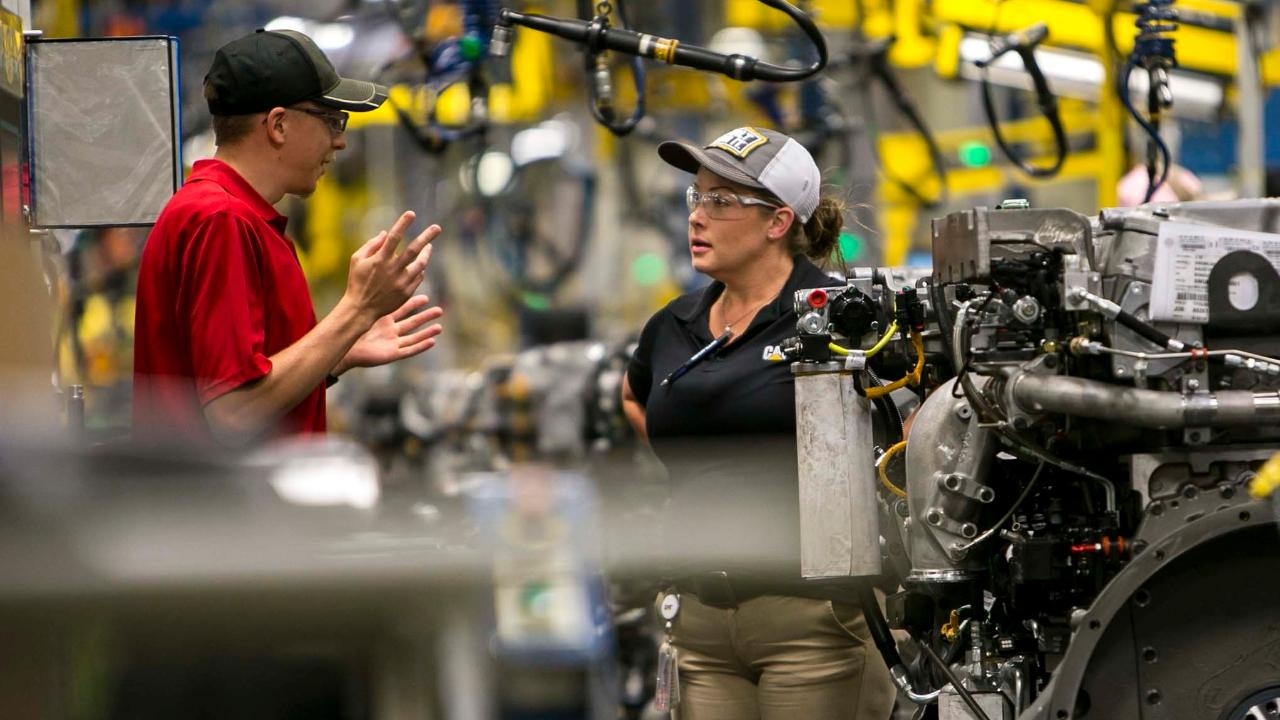5 truths about capitalism that are often misunderstood
Free market capitalism is the most effective economic system for creating wealth, allocating resources, innovating and bettering people’s lives. However, it is widely misunderstood and that results in myriad myths that are repeated by politicians, their followers and sometimes, even highly confused economists.
Instead of giving credence to the myths, I am going to focus on the top five truths about capitalism that are most often misunderstood.
What is blamed on capitalism is almost always not capitalism.
Almost any problem blamed on capitalism is actually a failure of the government. Often, I hear that skyrocketing health care and college costs are examples of capitalism’s failure. In reality, these aren’t examples of capitalism-- they are examples of government intervention.
The government has distorted the market for student loans and college demand, without any adjustment for credit risk, transparency or having the colleges have skin in the game. That’s very far from a free market.
Health care presents a similar situation. In fact, where health care resembles a more free market setting, prices are very affordable and have come down in many cases. It’s why you can pay a few cents per aspirin tablet in the free market at a drug store, but more than 100 times that when it is given to you in the hospital.
Cronyism, regulation and government interference is not capitalism, even when a private company is involved.
Pursuing profit makes “greed” good.
Not to go all “Gordon Gekko” here, but the pursuit of profit and avoidance of losses in capitalism is what makes the system work so well, and if that is considered “greed,” then greed is good.
Pursuing profits helps to allocate resources efficiently and it keeps companies competitive with one another, because if they are not serving the customers appropriately (via the right products, services, pricing, etc.), customers will go elsewhere.
While people often label the pursuit of profits “greedy,” they bafflingly never think that the government is greedy or that advocating for taking one person’s hard-earned money to be transferred to someone else at the whim of an elected official is greedy, either.
Bad actors exist in all systems.
Another issue people have with capitalism is that things sometimes go really wrong, like an Enron or Bernie Madoff situation. However, that’s not a feature of capitalism; that’s fraud.
Illegal activity and violations of property rights are the exact opposite of free market principles. It should also be noted that bad actors are not exclusive to any system.
In capitalism, there are incentives to discourage bad actors and laws to penalize them. Systems like socialism, on the other hand, attract more bad actors because the ones who make the rules and decisions have little accountability. When the government is the bad actor, you can’t choose to do business elsewhere.
Capitalism isn’t a zero-sum game.
Capitalism creates growth and increases wealth, which is why the system is revered by those who understand it. When Oprah, Michael Jordan, Bill Gates or the late Steve Jobs made billions, it didn’t come at the expense of someone else.
Oprah getting rich doesn’t make someone else poor, nor would her forgoing her wealth make someone else rich. Someone accumulating wealth doesn’t prevent someone else from doing so, too, in a capitalistic system.
In fact, when individuals get wealthy under capitalism, it raises the quality of life for many others. Not only do they provide jobs and create returns on investment capital (which are subsequently spent to support businesses and jobs or invested to support businesses and jobs), but their products and services enhance the quality of life for others.
Inequality is a feature, not a bug.
People who complain about inequality forget that we are promised to be viewed equal in the eyes of the law, but not in terms of our talents, looks, material possessions or anything else. Capitalism is a system that allows for different levels of participation and different outcomes.
You may choose to work more hours or to enjoy more free time. You may desire to risk your capital or put a limit on your downside risk and pursue a job.
Capitalism allows for different types of participation, risk, objectives and therefore, outcomes. This honors the differences people have in their objectives, skills and experience and is a good thing, not something that should be considered a failure.
CLICK HERE TO GET THE FOX BUSINESS APP
True free market capitalism is an ideal that should be appreciated, not vilified. Good intentions do not equal good outcomes; if you want good outcomes, embrace free markets.
Carol Roth is the creator of the Future File legacy planning system, a “recovering” investment banker and host of The Roth Effect podcast.




















